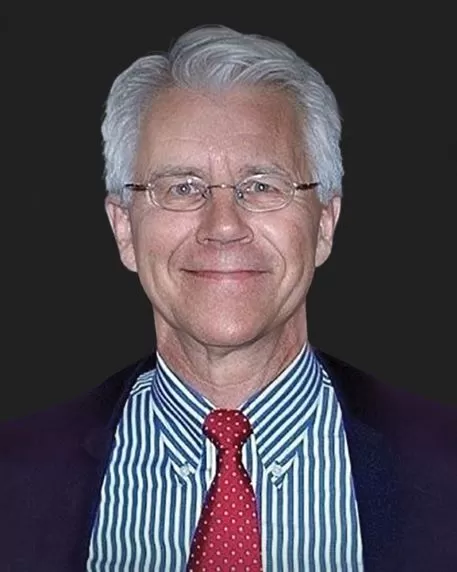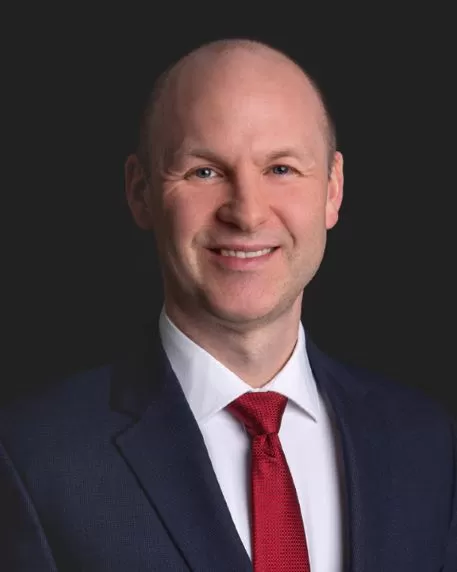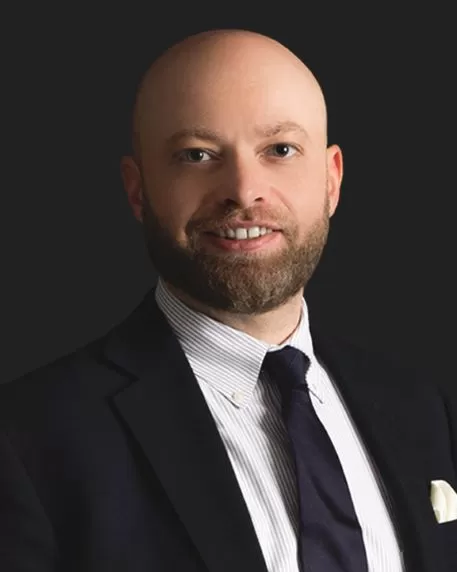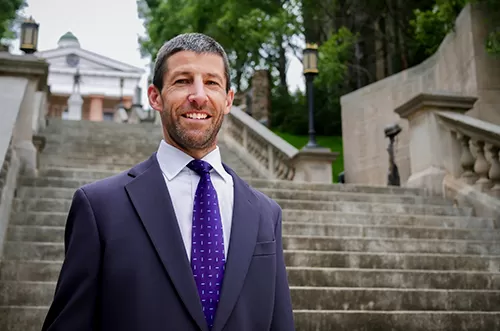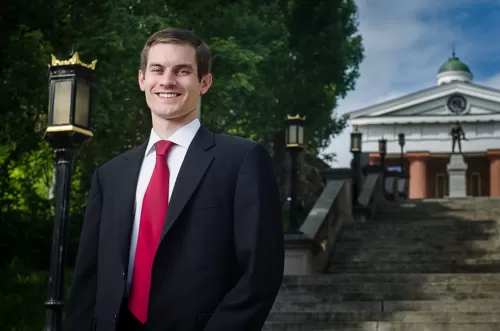Cornell v. Benedict, 2022 Va. LEXIS 69 (Va. Oct. 13, 2022)
Christian Psychotherapy Services (“CPS”) operated a counseling and psychotherapy practice. Ashley Cornell, Kendall Sparks, others similarly situated (collectively, the “Clinicians”) were licensed therapists employed by CPS, who compensated the Clinicians by paying them commissions equal to a percentage of collected receivables. CPS paid the commissions in arrears, every two weeks, with the pay period ending on the 20th day of each month. In September 2020, CPS hired Touchstone Business Solutions, LLC (“Touchstone”) as a consultant because CPS was struggling financially. A Board of Directors (the “Board”) was established and took over the management of CPS in October 2020. Jason Benedict (“Benedict”) worked for Touchstone and joined the Board, serving as the Board’s president from October 23, 2020 until January 1, 2020. Cheryl Ludvik (“Ludvik”) worked for CPS, served as CPS’s director of operations from May 18, 2018 until January 8, 2021, and was the Board’s chairperson and treasurer from its formation until January 8, 2021.
The Board became aware that CPS lost more than $745,000 over 12 months prior to July 2020 and was only staying afloat by relying on lines of credit and government loans. In October 2020, CPS’s primary bank froze most of CPS’s operating funds and the Board considered bankruptcy. In December 2020, to cut costs and avoid insolvency, the Board authorized a 1% reduction in the Clinicians’ commissions to be paid on January 5, 2021. At the Board’s direction, Ludvik communicated the decision to the Clinicians. In December 2020, CPS also received a demand letter from Optima Health Insurance Company (“Optima”), stating that it would be recouping $831,000 in fees wrongfully paid to CPS. On January 30, 2021, the Board convened a special meeting, at which it decided to pursue bankruptcy and further reduce the Clinicians’ commission by 30% on paychecks to be paid on January 19, 2021. On January 9, 2021, the Board convened a special meeting, at which the Board voted to lay off all the Clinicians. At the Board’s direction, Benedict informed the Clinicians of their terminations, effective immediately, on January 9, 2021. None of the Clinicians received wages due to them on January 19, 2021.
On January 17, 2021, the Clinicians filed suit, alleging that CPS, Benedict, and Ludvik knowingly withheld wages earned by the Clinicians and arguing that Benedict and Ludvik should be considered employers who were liable, jointly and severally with CPS, for the unpaid wages pursuant to Virginia Code § 40.1-29(J) because of their actions directly or indirectly in the interest of CPS in relation to the Clinicians. Benedict and Ludvik filed demurrers and pleas in bar arguing that they were not employers, as that term was used in Virginia Code § 40.1-29(J) and that their resignations, before the wages were withheld, constituted an absolute bar to recovery from Benedict and Ludvik regarding unpaid wages owed by CPS. The Circuit Court sustained Benedict’s and Ludvik’s plea in bar. The Clinicians appealed.
The Supreme Court of Virginia affirmed the Circuit Court, holding that the Circuit Court did not err in sustaining Benedict’s and Ludvik’s pleas in bar because Virginia Code § 40.1-2 adopts a narrower definition of “employer” than the Fair Labor Standards Act (“FLSA”) and, thus, excludes individuals from implied employer liability under Virginia Code § 40.1-29(J). Virginia Courts presume that the legislature chose, with care, the words it used when it enacted the relevant statute. The language used in Virginia Code § 40.1-2 differs from the language used in the FLSA. The FLSA defines “employer” as “include[ing] any person acting directly or indirectly in the interest of an employer in relation to an employee.” Virginia Code § 40.1-2, however, states “employer” means “an individual, partnership, association, corporation, legal representative, receiver, trustee, or trustee in bankruptcy doing business in or operating within this Commonwealth who employs another to work for wages, salaries, or on commission and shall include any similar entity acting directly or indirectly in the interest of an employer in relation to an employee.” The General Assembly’s decision to not adopt the FLSA definition of “employer” as a whole represented a conscious decision with deliberate implications. In comparing Black’s Law Dictionary’s definition of “person” and “entity,” entities may be persons, but not all persons are entities, which are “an organization (such as a business or governmental unit) that has a legal identity apart from its members or owners.” The Supreme Court of Virginia concluded that General Assembly intended to omit individuals from joint employer liability for unpaid wages under Virginia Code § 40.1-29(J) by using a narrower definition of “employer” than Congress did in the FLSA. Thus, because Virginia Code § 40.1-29(J) does not contemplate joint employer liability for individuals like Benedict and Ludvik, the Circuit Court did not err in sustaining their please in bar.
